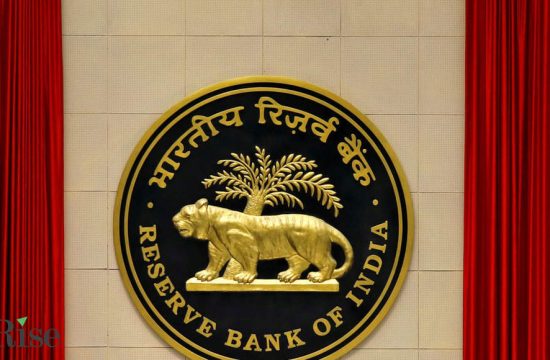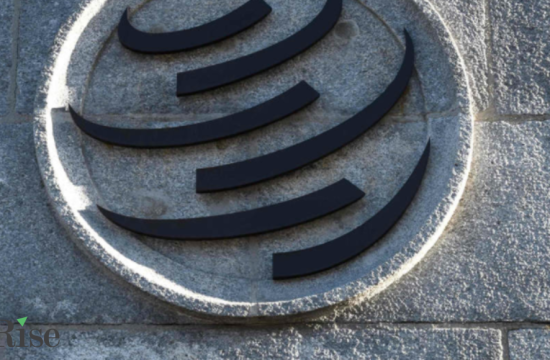Drivers wait in line for boxes of food from the Second Harvest Food Bank of Central Florida at a drive-through event at the City of Destiny church in Orange County, Florida.
Paul Hennessy/SOPA Images/LightRocket via Getty Images
‘Horrendous time’
“This is a horrendous time to have a lapse in benefits,” said Wendy Edelberg, senior fellow at the Brookings Institution. “I expect households are living week to week, financially speaking.
“I’m far more worried what Congress ends up passing will be a lot less supportive than what was initially in the CARES Act,” added Edelberg, a former chief economist at the Congressional Budget Office and senior economist on the Council of Economic Advisers under Presidents Obama and George W. Bush.
Taken in sum, next month could be “ugly” for millions of families, said Heidi Shierholz, director of policy at the Economic Policy Institute.
Living standards could drop precipitously, poverty may increase, and rent and mortgage payments could be a struggle, potentially leading to evictions and foreclosures for those outside the scope of any moratoriums, she said.
That’s especially true since many families don’t have a financial cushion to rely on in times of financial hardship. Those hit hardest by the recession are disproportionately lower earners.
“It is going to mean a big increase in suffering for many families,” said Shierholz, a former chief economist at the Department of Labor during the Obama administration. “There will be no way to fill in those [income] gaps.
“Some will be able to get jobs, but we know millions will be unable to get one no matter what they do because the jobs aren’t there,” she added.
Lawmakers appear poised to pass another round of financial relief, but its timing and scope remain unclear.
The Senate will start discussing the measure next week, according to a spokesman for majority leader Mitch McConnell, R-Ky. Lawmakers come back from a two-week recess on Monday.
The legislation will likely be finalized within three weeks, McConnell said this week. But much of the current aid may have lapsed by then.
And McConnell has hinted that the next round will be much smaller in scope than the $ 2.2 trillion CARES Act.
The CARES Act upped jobless benefits by $ 600 a week, authorized one-time stimulus payments for millions of households ($ 1,200 for individuals, $ 2,400 for married couples and an extra $ 500 per eligible child) and made forgivable loans to 5 million small businesses to help prop up payrolls.
Unemployment benefits
The $ 600 weekly unemployment subsidy is scheduled to end after July 31. (It will effectively lapse by July 26 in all states, due to the schedule they use to pay benefits.)
Around 32 million Americans are currently collecting unemployment benefits — about five times the peak during the Great Recession.
Doing away with the benefit entirely would cut their weekly benefits by about 60%, to a national average of roughly $ 380 a week, according to Labor Department data. Some states pay much less. Mississippi, for example, pays up to $ 235 a week.
Republicans, who believe the current policy offers a disincentive to return to work, have discussed reducing the amount of weekly aid or replacing it with a cash bonus for people who find new jobs.
Even if the $ 600-a-week aid is reduced instead of eliminated, there would likely be a delay of several weeks in getting that money out to Americans if Congress doesn’t act before the $ 600 lapses, said Michele Evermore, senior policy analyst at the National Employment Law Project, who cited programming challenges with government computer systems.
Stimulus checks
Further, stimulus checks could take weeks or months to reach families, if the last round is any guide.
The first wave of stimulus payments hit Americans’ bank accounts in mid-April, about three weeks after the CARES Act became law. Those paid via paper check or other means like debit card received their payments weeks or even months later.
The time frame would likely be similar this time around, said Betsey Stevenson, a professor of public policy and economics at the University of Michigan.
While the White House has offered support for another round of stimulus checks, McConnell wants them to be narrower in scope, going to individuals making less than $ 40,000 a year.
The new threshold — which was previously $ 75,000, and phased out for individuals making up to $ 99,000 — would dramatically reduce the number of Americans eligible for the checks.
The Democrat-led House of Representatives in May passed a $ 3 trillion measure, the HEROES Act, that would extend enhanced unemployment benefits and offer larger potential stimulus checks to households, among other things.
The scope of any forthcoming relief will be much more significant for Americans than the speed of the aid, said Stevenson, a former chief economist at the Department of Labor.
“The bigger concern isn’t a two-week lag, if that’s what it takes,” she said. “It’s, what is [the relief] that they actually pass, and is that enough?”
Paycheck Protection Program
Meanwhile, an improvement in the unemployment rate could stall or reverse in coming weeks given recent developments, economists said, meaning more people would be relying on jobless benefits.
Spiking coronavirus infections have led officials in states like California, Nevada and Texas to close some businesses for a second time.
Also, around 84% of small businesses that received a Paycheck Protection Program loan will exhaust their funding by the first week of August, according to a Goldman Sachs survey.









